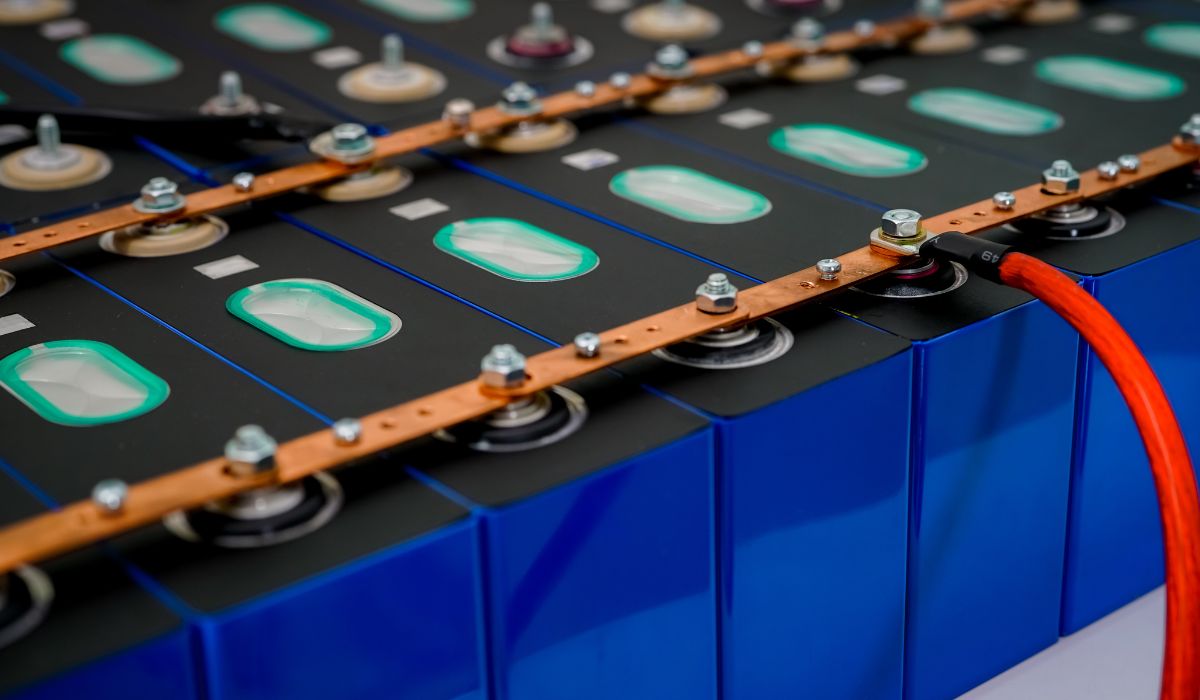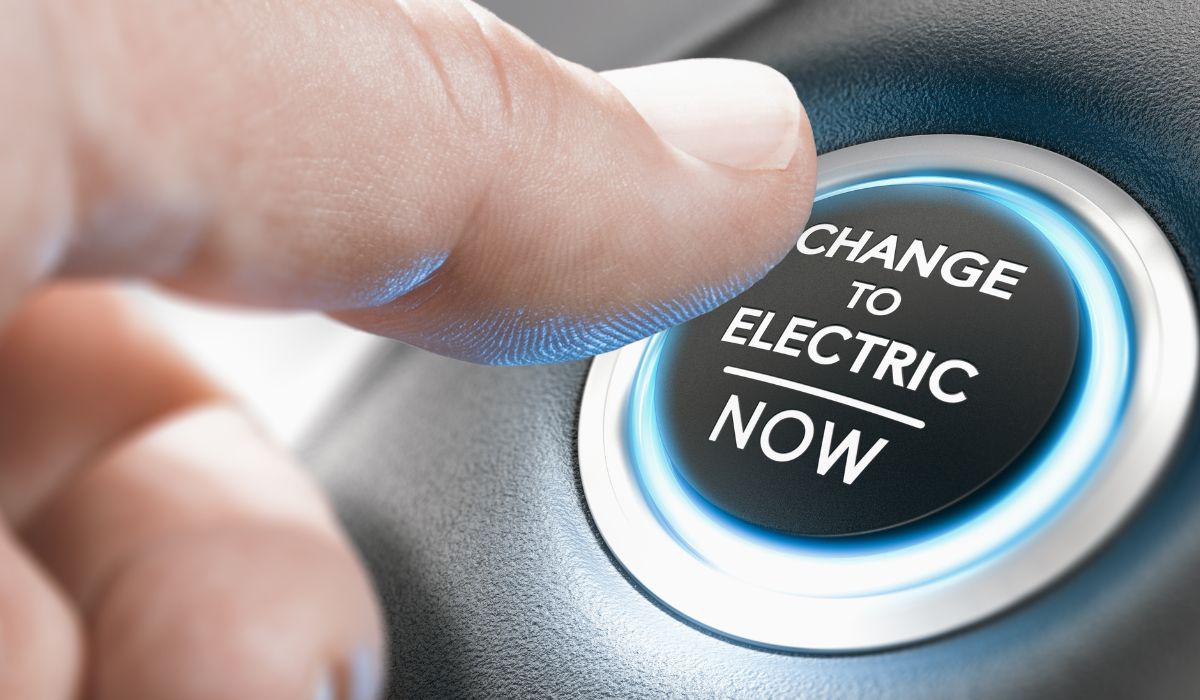
London’s Congestion Charge Zone (CCZ) charges motorists £15 per day to drive in the busiest areas of the city. After applying for a ‘cleaner vehicle discount’ and paying a £10 annual fee, owners of electric vehicles have, up to now, avoided the daily £15 charge. The CCZ applies to an area stretching from Kings Cross to Vauxhall, with Paddington and Whitechapel forming the western and eastern boundaries.
Initially, vehicles with CO2 emissions under 75g/km and a zero-emission range of at least 20 miles qualified for the discount. However, from October 2021, hybrid cars no longer qualify for exemption and only battery electric or hydrogen fuel cell vehicles could avoid the fee.
From December 2025, even emissions-free vehicles will be required to pay the full Congestion Charge.
Why Cleaner Vehicle Discounts are to be Scrapped
The argument presented in favour of lifting cleaner vehicle discounts is that the purpose of Congestion Charge zones was primarily to reduce traffic volumes and secondarily, to promote the switch to emission-free vehicles.
With more people driving electric cars, proponents argue that Congestion Charge zones must be applied to all motorists for the sake of fairness. If this is not done, they argue, congestion will only worsen.
Why it May be Too Soon to Scrap Cleaner Vehicle Discounts
Many commentators are reacting with alarm to the scrapping of incentives that might otherwise encourage consumers to opt for emission-free cars or vans. PHEVs, BEVs and hydrogen fuel cell vehicles still represent a relatively small percentage of vehicles on the UK’s roads.
Research from Stockholm shows that Congestion Charges do affect people’s behaviour, and have an effect on vehicle choices. The author notes that Congestion Charge benefits are only helpful when the proportion of emission-free vehicles on the roads is low.
Diesel vans are a significant source of emissions, and it is feared that by removing this incentive to go for greener choices, Transport for London (TfL) may be weakening the business case for enterprises considering a switch to zero emission transportation.
SMMT is concerned that ever more ambitious targets for electrification are being set without sufficient support for businesses and motorists. Incentives are being withdrawn while electric vehicle sales targets remain unmet.
While we support Congestion Charge Zones as a means of reducing traffic in city centres, not all vehicle traffic can be transferred to public transportation. Commercial vehicles, in particular, must still access central business districts (CBDs) and diesel emissions remain problematic. Smaller businesses that have adopted clean fleets will be hard hit by congestion charges and those who have not will have one less reason to invest in electric vehicles.
Whilst London boasts a healthy zero emission car market, there is still much more to be done to ensure commercial vehicles operators can make the business case work for purchasing zero emission vans and HGVs.
ULEZ Exemption to Remain in Place
Plans to end exemptions and apply congestion charges to electric vehicles have led to social media rumours that ULEZ (Ultra Low Emissions Zone) exemptions will also be scrapped. However, this is incorrect. The purpose of the ULEZ was to reduce nitrogen dioxide (NO2) emission from road transport by charging non-compliant vehicles therefore encouraging modal shift or upgrading to a newer vehicle. Since the introduction of the ULEZ NO2 concentrations in Central London have reduced by 53%.
Electric vehicles will continue to be exempt from the daily ULEZ charge of £12.50 because they meet minimum emissions standards.
Since the ULEZ zone is far larger than the Congestion Charge zone, this programme, which has resulted in significantly better air quality in London, has even greater benefits for vehicle owners than Congestion Charge exemptions. Nevertheless, SMMT believes that all measures that incentivise electric vehicle adoption should remain in place and should be further strengthened.
More Should Be Done to Encourage Zero Emission Vehicle Adoption Among Consumers
The Zero Emission Vehicle Mandate requires manufacturers to meet sales targets for clean transportation. Billions have already been invested, but demand must match supply. To stimulate demand, government should maximise incentives to consumers who choose electric vehicles. SMMT continues to call on the UK government to provide the necessary market stimulus.
We encourage organisations within the motor industry to join us. Strong trade organisations are influential, and every new membership strengthens us still further. In addition, our members benefit from member services that help them to develop their businesses based on clear market intelligence and more. Submit your membership application today.

